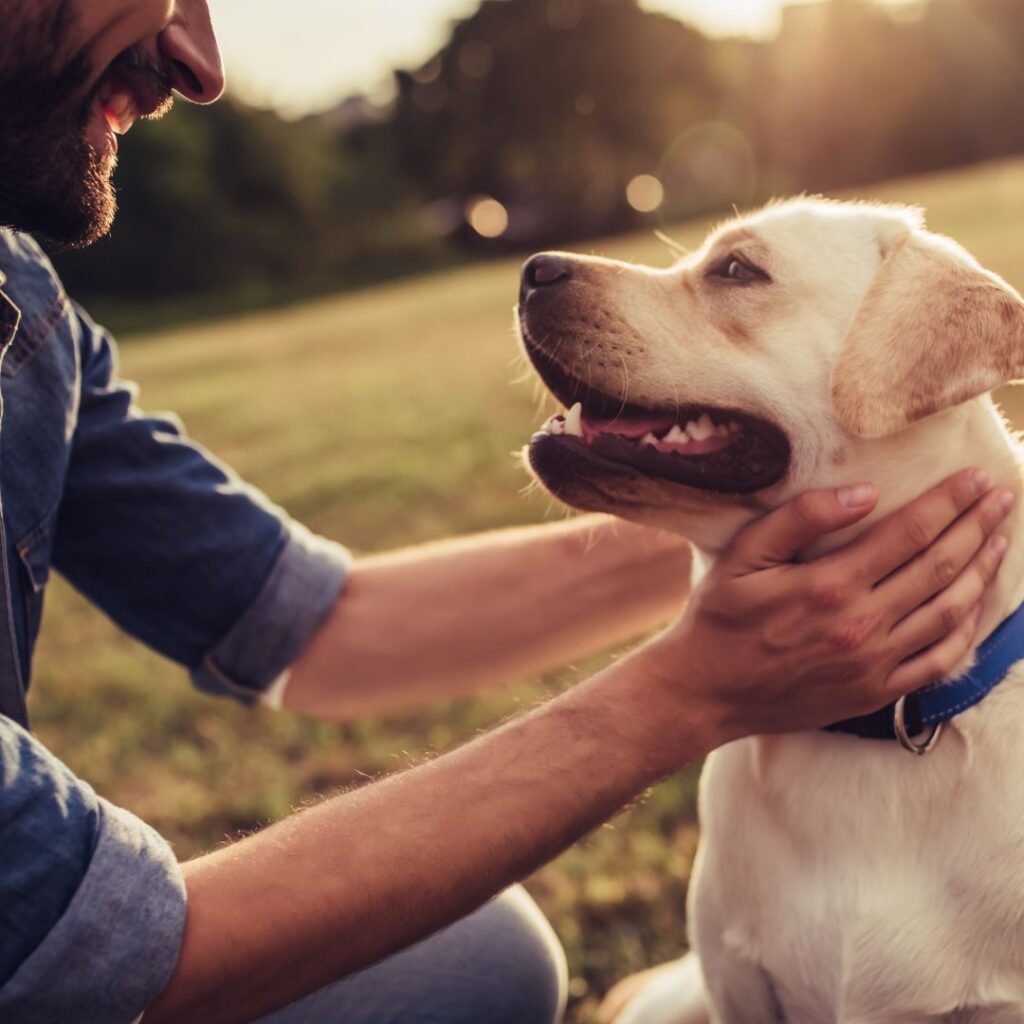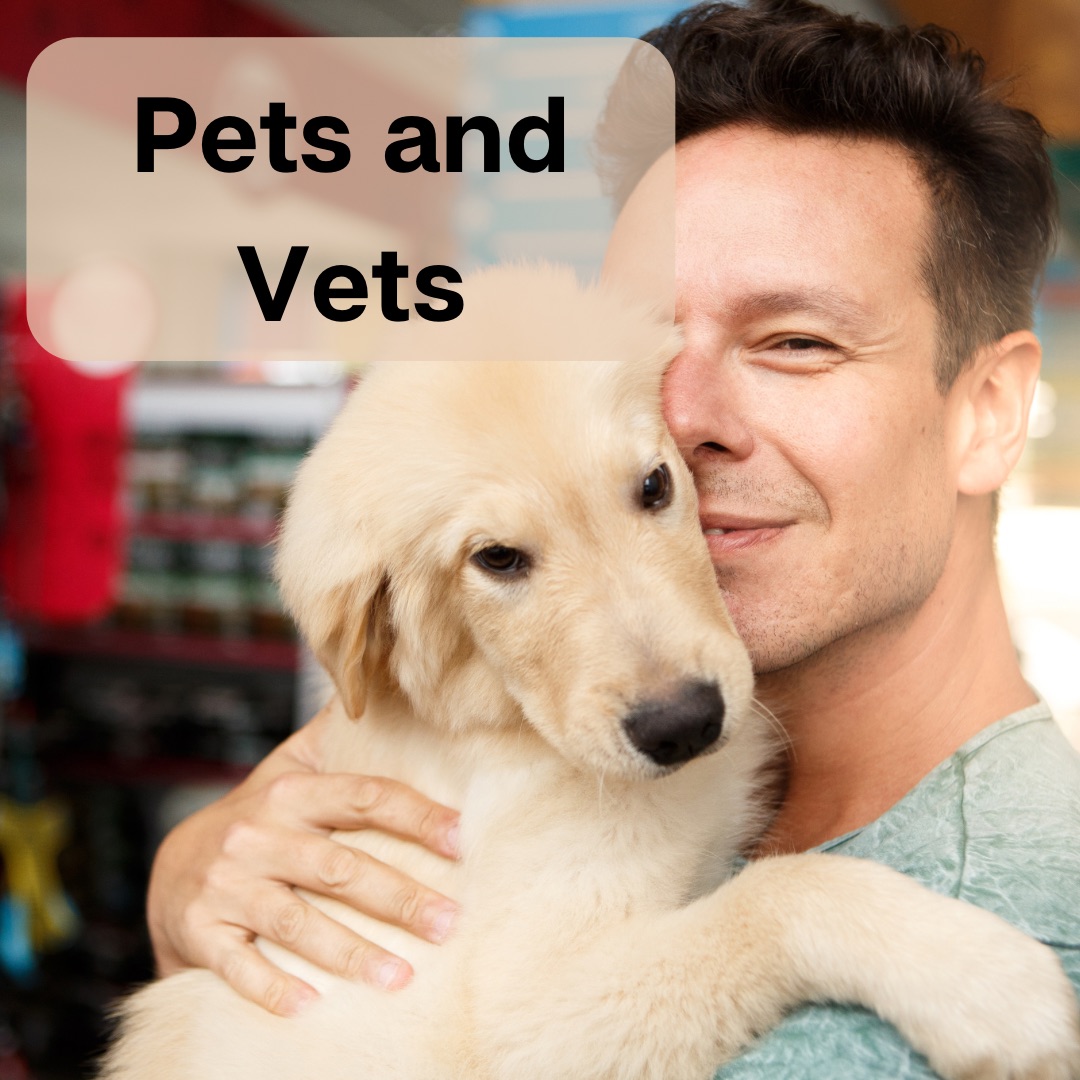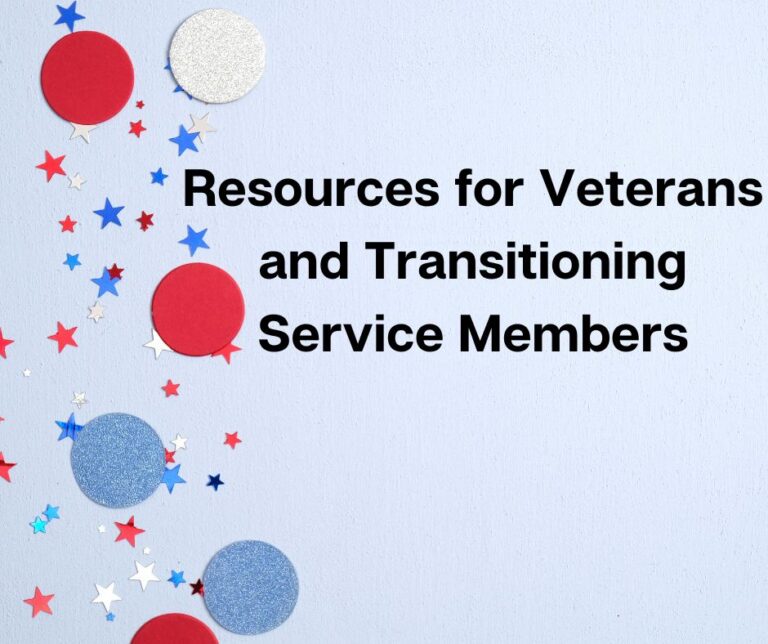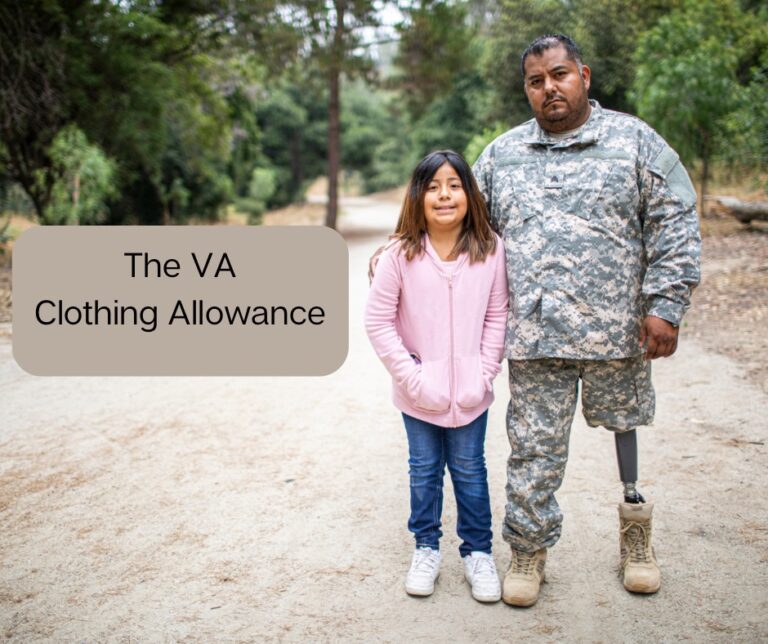Battlefield to Best Friend: Explore the Transforming Power of Pets
Dogs, cats, and other animals. Pets are ubiquitous in the United States. They can make us laugh, make us cry, and give us protection and companionship. And for Veterans, they can offer so much more. Pets, for Veterans, can be a way back to life.
Pets can be incredibly beneficial for veterans. They offer companionship, emotional support, structure, and a sense of purpose, helping veterans with their mental and emotional well-being, particularly during the transition from military to civilian life. Pets can also reduce stress, encourage physical activity, and promote social connections, all of which contribute to an improved overall quality of life for veterans. Listed below are some good reasons for Veterans to consider a pet.
- Companionship: Pets provide constant companionship, reducing feelings of loneliness and isolation that some veterans may experience after leaving the service.
- Emotional Support: The unconditional love and affection pets offer can help veterans cope with stress, anxiety, and depression, providing a natural form of emotional therapy.
- Routine and Responsibility: Caring for a pet establishes a daily routine and a sense of purpose, which can be especially valuable for veterans transitioning to civilian life.

- Stress Reduction: Interacting with pets has been shown to reduce stress and lower cortisol levels, contributing to overall improved mental well-being.
- Physical Activity: Walking, playing, and caring for pets encourage physical activity, which can help veterans stay active and maintain a healthier lifestyle.
- Social Connection: Owning a pet can facilitate social interactions, as it often leads to conversations with other pet owners or participation in pet-related activities or communities.
- PTSD Support: Service dogs can be trained to assist veterans with post-traumatic stress disorder (PTSD) by providing comfort during anxiety attacks and helping them feel more secure.
I want to hit on the fact that pets can help a Veteran establish a daily routine and can foster a sense of responsibility. When in the military, you follow a routine on a daily basis. Once you are out, finding a routine can be difficult, especially in the midst of other daily struggles.
Taking care of a pet can help a Veteran establish that needed routine in their lives. Pets also give the Veteran a sense of responsibility and a reason to continue each day. Many Veterans lack this desire, and having a pet to take care of can help ground Veterans in the need to care for them.Structure and Stability: Transitioning from military to civilian life can be challenging, often leading to a sense of uncertainty and instability. Having a pet creates a daily routine that offers structure and predictability, which can ease the adjustment process for veterans.
Below is a list of some of the other ways pets can help Veterans develop routine and responsibility.
- Sense of Purpose: Caring for a pet instills a deep sense of purpose. Knowing that another living being depends on them for food, exercise, and care gives veterans a meaningful reason to get out of bed each day. This sense of responsibility can combat feelings of aimlessness and contribute to an improved mental state.
- Time Management: Veterans need to manage their time effectively to meet their pet’s needs. This skill can transfer to other aspects of their lives, helping them excel in work, relationships, and personal goals.
- Self-Care: Taking care of a pet teaches veterans the importance of self-care. They learn to prioritize their own well-being, as neglecting themselves could affect their ability to care for their furry companion.
- Accountability: Responsibility for a pet’s health and well-being encourages accountability. Veterans are less likely to engage in self-destructive behaviors when they know their pet relies on them.
- Mental Health: Establishing routines with pets can be a grounding experience. It helps veterans manage symptoms of anxiety, depression, or PTSD by providing a daily focus and distraction from negative thoughts.
- Connection to Others: Pets often require interaction with the community, such as visits to the veterinarian, pet stores, or parks. These outings can lead to interactions with others, fostering a sense of connection and reducing feelings of isolation.
Some Veterans may not be comfortable with a pet. If so, there are several non-profit agencies the help Veterans be comfortable with a service animal, training both the animal and Veteran at the same time. Either way, it has long been proven that a pet has benefits that are uniquely suited for Veterans. We suggest visiting a local animal shelter to find that one special dog or cat. You just might find that you are helping each other.
Below are just a few of the many non-profit agencies that exist to help Veterans connect with service animal.






